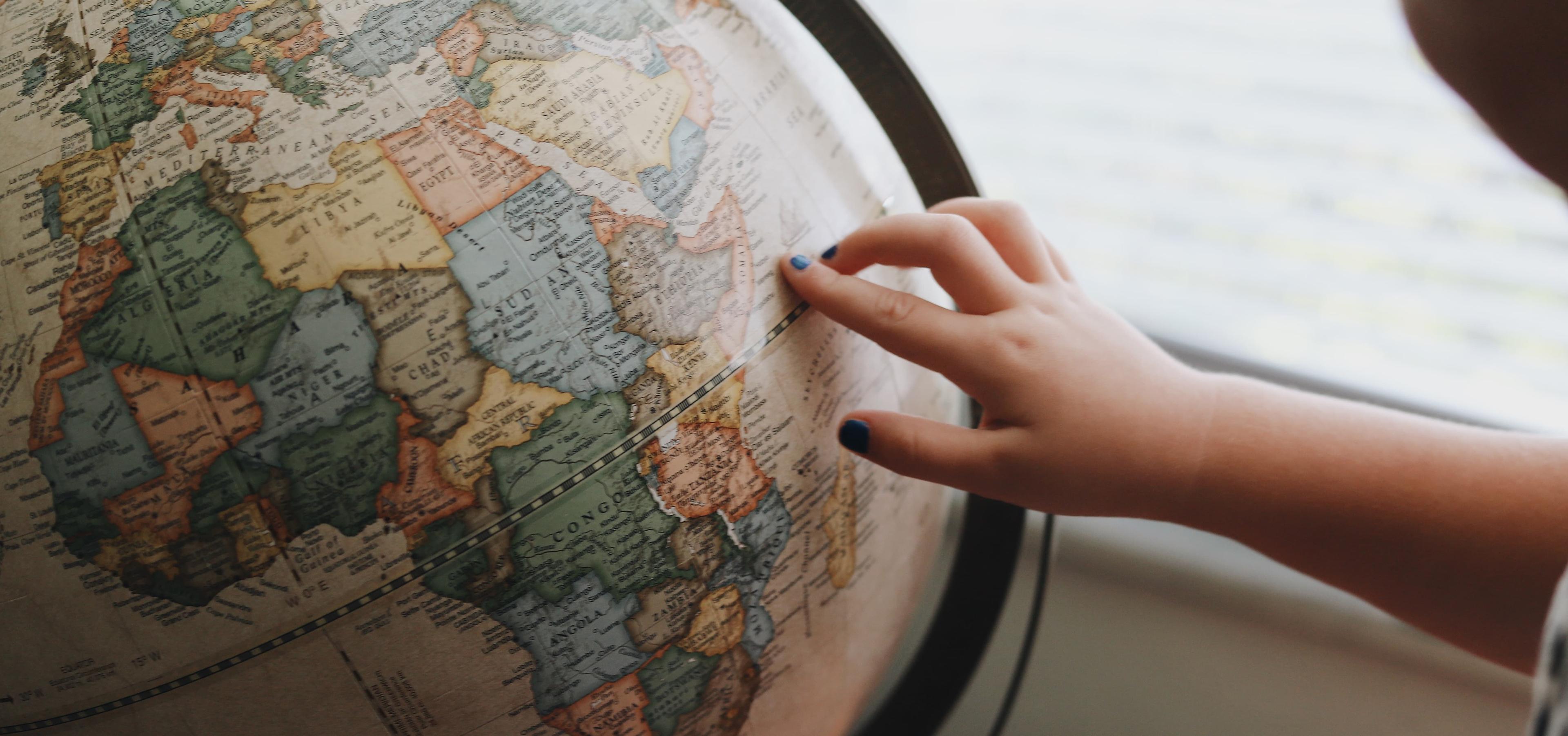Cosmic education is a philosophy of education that aims to provide students with a holistic understanding of the world and their place in it. It was first developed by Maria Montessori, an Italian physician and educator, in the early 20th century. Montessori believed that education should be more than just the transmission of knowledge; it should be a process of discovery and exploration that helps children develop their full potential and become responsible, compassionate, and capable members of society.

Key Principles of Cosmic Education
- Interconnectedness and interdependence of all things in the universe: At its core, cosmic education is based on the idea that everything in the universe is interconnected and interdependent. It encourages students to explore and appreciate the natural world, as well as the various cultures and civilizations that have shaped human history. Cosmic education is not limited to any specific subject or discipline; rather, it encompasses all areas of study, including science, mathematics, language, art, and social studies.
- The concept of the "cosmic plan: According to Montessori, the universe has a natural order and purpose, and everything in it has a specific role to play. Students learn about this cosmic plan by studying the natural world, history, and various cultures and societies. They are encouraged to see themselves as part of this plan and to develop a sense of responsibility for their place in the world.
- Whole child development: physical, emotional, social, and intellectual: Montessori believed that children learn best through hands-on experiences, and cosmic education encourages students to engage in a variety of activities that promote exploration and discovery.
Implementation of Cosmic Education
In practical terms, cosmic education can be implemented in a variety of ways. Montessori schools often have multi-age classrooms, where children of different ages and abilities learn and work together. Teachers act as guides, rather than lecturers, providing students with opportunities to explore and discover on their own. Materials and activities are carefully designed to encourage hands-on learning and to promote a sense of curiosity and wonder.
Overall, cosmic education is a philosophy of education that emphasises the interconnectedness of all things and encourages students to develop a sense of responsibility for their place in the world. It is an approach to education that aims to help children develop their full potential and become compassionate, responsible, and capable members of society.

